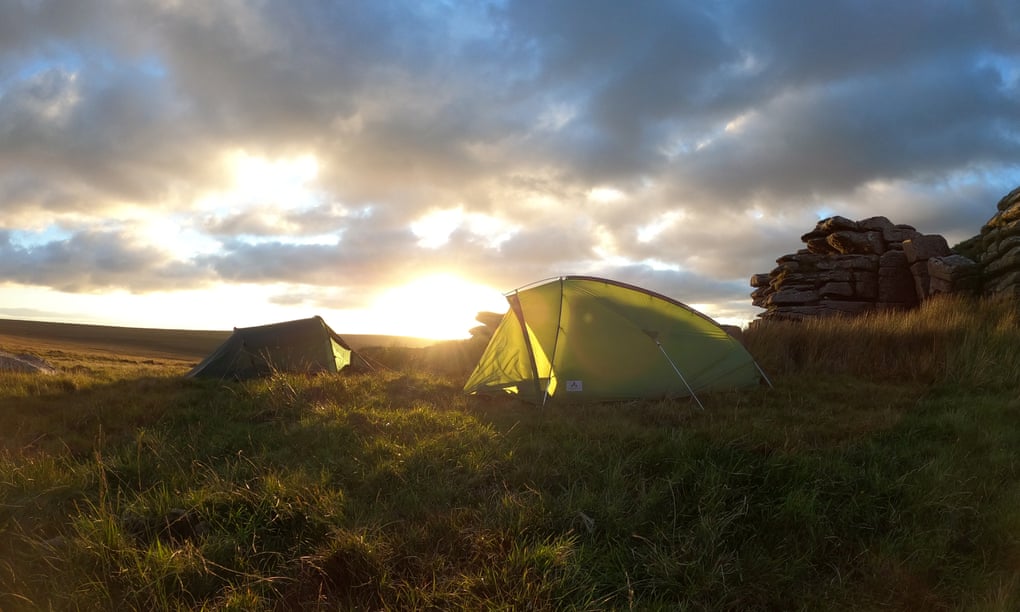When it comes to outdoor adventures, the right tent can make all the difference.
But with so many options on the market, how do you choose between a 3-season tent and a 4-season tent?
This comprehensive guide will walk you through everything you need to know about these two types of tents, helping you make an informed decision based on your camping preferences, the weather conditions you’ll face, and the terrain you’ll explore.
What Is a Three-Season Tent?
Three-season tents are the versatile choice for campers who enjoy the outdoors from spring through fall.
These tents are designed to be lightweight and breathable, featuring ample mesh panels for ventilation.
They’re built to protect against rain and moderate weather, making them ideal for most camping conditions, except for extreme winter weather.
When Should You Use Three-Season Tents?
Opt for a three-season tent when you plan to camp in conditions that range from mild to moderately challenging. These tents are perfect for:
- Spring blooms and mild showers
- Summer heat and humidity
- Fall foliage and cooler nights They’re not just for fair-weather campers; a well-made three-season tent can also handle unexpected gusts and light snow flurries.

Pros and Cons of Three-Season Tents
Pros:
- Lightweight Design: Easy to carry on any adventure.
- Optimal Ventilation: Keeps the interior comfortable during warm weather.
- Affordability: Offers great value for features and performance.
CONS:
- Limited Insulation: Not ideal for freezing temperatures.
- Durability: May not withstand severe storms or heavy snowfall.
What Is a Four-Season Tent?
Four-season tents, designed for the intrepid explorer, prioritize insulation and durability to withstand harsh winter conditions, including heavy snowfall and strong winds.
These tents often feature less mesh and more robust materials, with designs that prevent snow accumulation and enhance stability in windy conditions.
When Should You Use Four-Season Tents?
A four-season tent is your go-to when facing the elements in their extreme:
- Winter landscapes blanketed in snow
- High-altitude expeditions where the air is thin and the weather is unpredictable
- Any situation where conditions might shift to extreme cold, wind, or precipitation
Pros and Cons of Four-Season Tents
Pros:
- Robust Construction: Built to endure harsh weather.
- Warmth Retention: Keeps campers warm in cold conditions.
- Versatility: Suitable for year-round use in various climates.
CONS:
- Weight: Heavier and bulkier, challenging for lightweight expeditions.
- Cost: Higher price point due to advanced materials and design.
- Over-insulation: Can be too warm for summer camping, leading to discomfort.

How to Choose the Right Tent for Your Needs
Deciding between a 3-season and a 4-season tent boils down to understanding your camping style, the weather conditions you’ll most often face, and your willingness to carry extra weight for added protection. Consider the following to make your choice:
- Destination and Season: Match the tent to the typical weather of your camping destinations.
- Activity Type: Lighter, 3-season tents for backpacking; sturdier, 4-season tents for base camps.
- Personal Comfort: Balance the need for warmth against the desire for a light pack.
Summary:
Whether you’re a casual camper or a seasoned explorer, choosing the right tent is crucial for enjoying the great outdoors.
By understanding the differences between 3-season and 4-season tents, you can select the perfect shelter for your next adventure, ensuring comfort, safety, and enjoyment in any weather.
Remember, the best tent is the one that meets your needs while challenging nature’s elements.



